Who Is Good at Cooking?
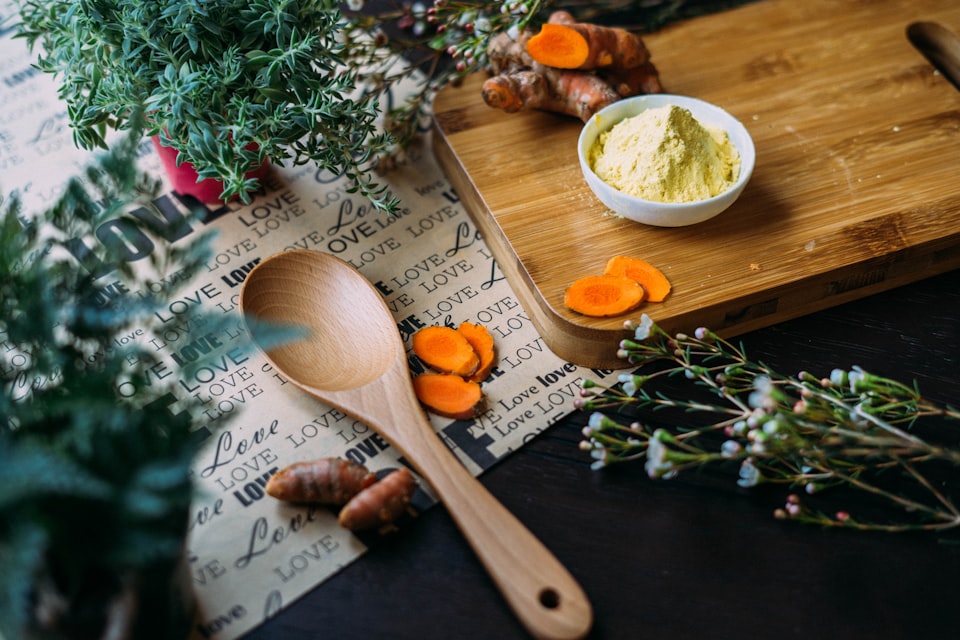
Subscribe to Stone Soup to get updates, recipes, and book recommendations in your inbox every week.
One of my closest friends is an incredible cook. She consistently makes delicious food, loves hosting as much as I do, is always up for a conversation about menu and meal planning.
She also cooks completely differently from the way I do. Her showstopper entree is a whole salt-baked cod, the skin so crisp it’s practically a potato chip, served with an array of perfectly complimentary condiments; mine is handmade butternut squash gnocchi fried in butter and served in a lemon cream sauce. Where I focus on transforming ingredients, she leans toward showcasing them. I like to layer lots of flavors, and she likes to use technically demanding preparations. In the places where I would put a sauce on the plate, she’ll put a variety of freshly pickled vegetables on the table.
We’re both good cooks. (She’s a great cook. Seriously, that salt-baked cod.) But we get there via different, sometimes opposite routes. I often find myself wondering how we ended up taking those paths. Where did I learn my approach to cooking? It isn’t a philosophy that was handed to me by my father, or my grandmother, or the high school Culinary Arts teacher whose class I was never technically in (but whose classroom I haunted). It wasn't outlined on the cooking shows I've watched, isn't explained in any of the culinary memoirs on my shelf. They all taught me the methods, and some of the pieces, but not the ineffable, overarching idea of what it means to be a good cook. So how did that idea come together?
I suspect the reason it’s so difficult to find the answer to this question is because there are so many answers to the secret question that hides inside of it:
What defines good cooking?
For some, good cooking means home cooking—meals that can satisfy a lot of people with disparate palates, preferably on a budget and in a short amount of time. Enormous skill is required to create recipes that use readily available ingredients, that will taste the same every time you make them, that will nourish and comfort those who learn that the dinner table is the heart of a home. This cook makes spaghetti sauce that you can still smell in your memory, even from hundreds of miles away; the curry that you could pick out of a lineup by color alone; the rice from the ancient rice cooker that you long to take with you when you move out, because rice from anywhere else just isn’t the same.
For others, good cooking means good hosting. I have a future essay’s worth of thoughts on what it means to be a good host—but the core of that philosophy is about a duty of care. A decent host offers their guests a sense of invitation; a good host offers their guests comfort; a great host offers their guests respite or delight. For someone who sees good cooking as good hosting, the standards are similar. A gluten-free holiday meal without the textures of squash or the color green on the plate is an intriguing puzzle to solve, and the solution is its own celebration. To them, the mark of a good cook is that the thrill of the meal is never dampened by the accommodations required to plan it.
There are people who approach good cooking as a matter of depth—a soul-deep understanding of a specific area of cuisine. There are good cooks who spend years honing their recipe for specific soups and sauces, until the thing they know how to make is the absolute best it can be. Some spend their entire lives breathing in the woodsmoke that transforms meat into a miracle, earning pitmaster instincts that can only come from experience. These are the cooks who can tell you the hydration status of your dough based on the clouds outside the window, who know how different brands of canned tomatoes change the amount of salt you need in your sauce, who understand which mustard powder needs what pH of water to eliminate bitterness. These are cooks who understand that no matter how good something is, it can always be better next time.
Then, of course, there are still others who see good cooking as being concerned with breadth. In this school of thought, good cooking requires the ability to cook good food across styles, ingredients, and cuisines; understanding how to integrate flavors from one section of the culinary map into recipes from another. The possibilities are infinite and should be explored to the fullest extent of one’s abilities. Every ingredient is an opportunity for transformation. A dish becomes its own equation, every ingredient and method a different variable to be examined. How does the math change if Worcestershire sauce is exchanged for shoyu, if pan-frying is augmented by air-frying, if potatoes become puff pastry? A new kind of utensil, an unfamiliar method, a novel ingredient—every challenge, every opportunity to learn, is enrichment for the good cook.
There are a thousand other factors to how people take the measure of a good cook. The technical cook, who measures their skill by the specialized tools they’ve mastered; the aesthetic cook, who prizes flawless visual execution; the dietary-concerns cook, who can fine-tune the most specific nutritional content in a meal; the budget cook, who can stretch a penny to feed a crowd. All these skills are valuable, hard-won, and deserve recognition.
Where do we learn what it means to be a good cook? We learn from necessity and indulgence, from cultural and social pressures, from the desire to escape suffering and pursue delight. We learn from religion, from friends, from family. We learn from our ancestors and we learn from our children.
We learn what it means to be a good cook from the same place we learn anything—we learn it from each other. We never stop learning from each other.
That’s my favorite part.
Thanks for learning with me.
–gailey
Coming Up This Month
- William’s Cafecito
William Alexander, National Book Award-winning author of Goblin Secrets and A Properly Unhaunted Place, shares a recipe for cafecito.
His essay on how to brew a perfect cup of Cuban coffee while listening in on family history will be in your inbox on March 8.
Find him on Twitter and Instagram. - Rae’s “Spam” and Rice Bowl
Rae Mariz, author of Weird Fishes, shares a recipe for a homemade vegan version of Spam along with some less-vegan fixings.
Her essay on how we learn about food via family, community, our children, and our ancestors will be in your inbox on March 15.
Find her on Twitter.
- Francesca’s Family Charoset
Francesca Kuehlers, a translator currently living in Berlin, shares a recipe for charoset.
Her essay on Passover seder, tradition, and the concept of home will be in your inbox on March 29. This publication will be her debut!
Find her on Twitter.
If you’re a paying subscriber, come by the Stone Soup Supper Club for early access to this month’s recipes, our weekly chat, and more community! I can’t wait to find out how you’re doing.
If you’d like to own the Personal Canons Cookbook ebook, which collects all these essays and recipes in easy-to-reference, clickable format—plus loads of bonus recipes from me!—join the Stone Soup Supper Club. The ebook is free for subscribers, who will get the download link in their inboxes in the first Supper Club email of 2024!
—Gailey


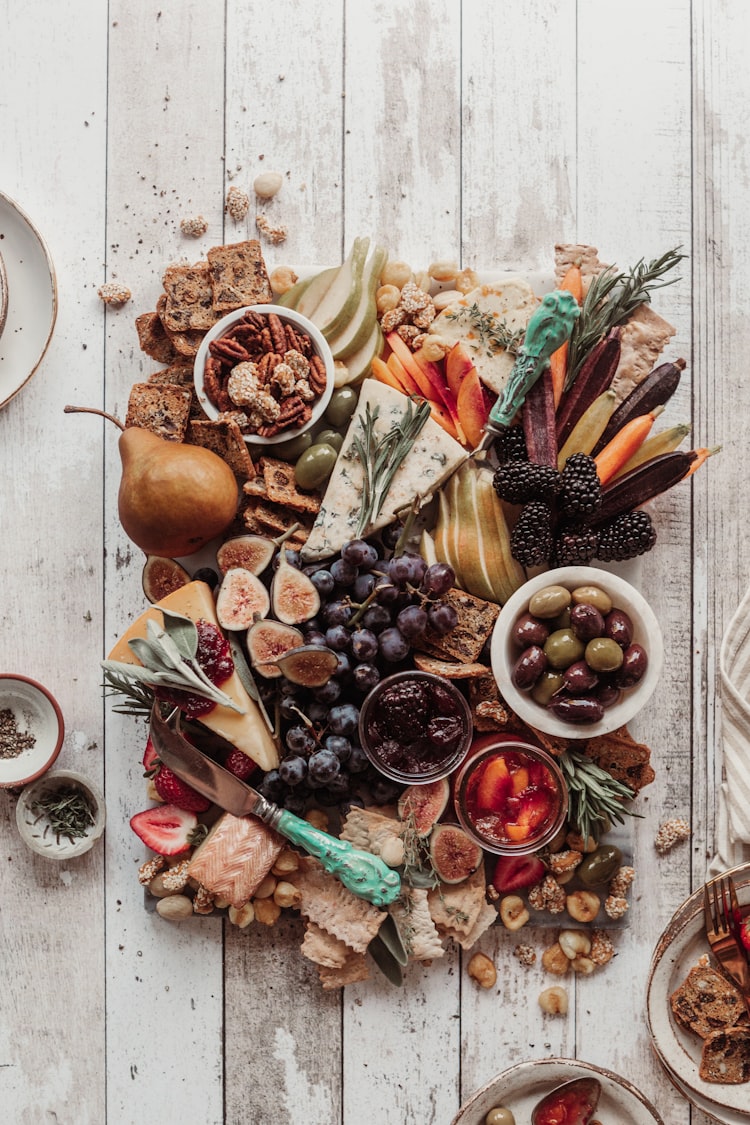
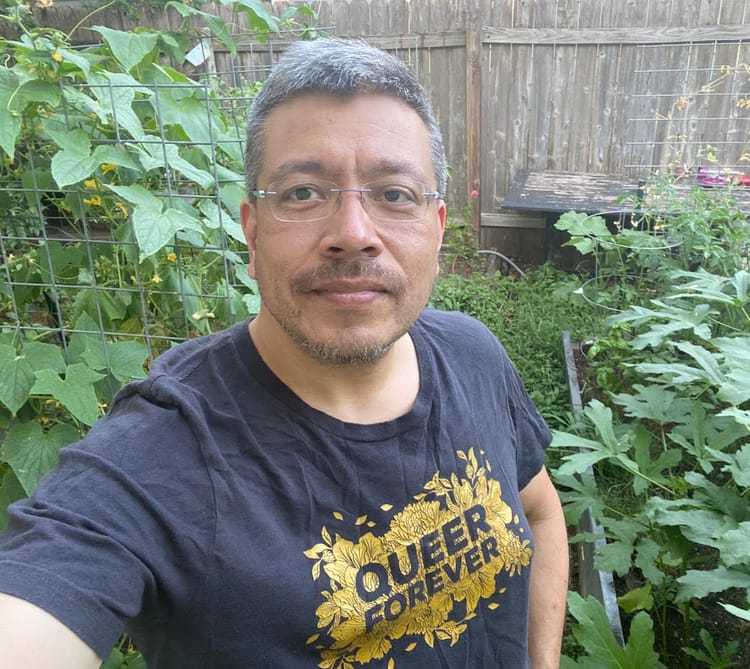
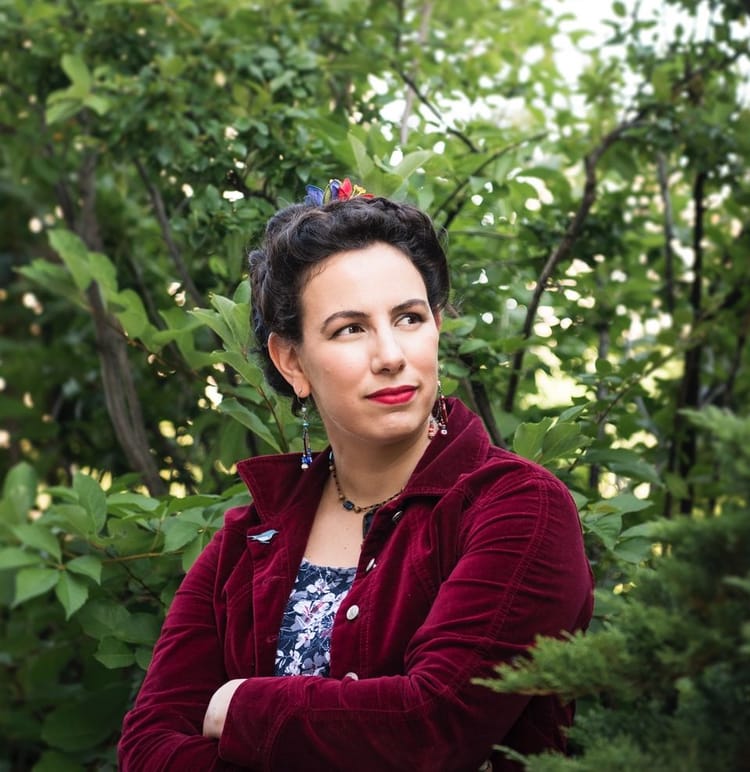
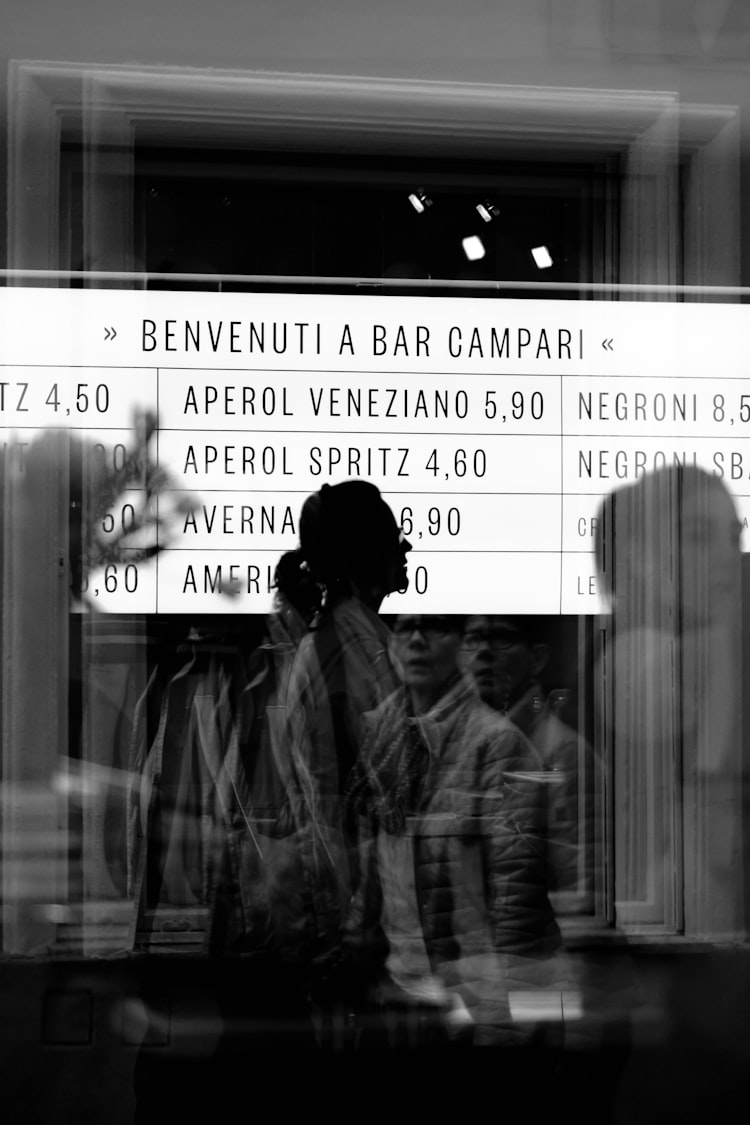
Member discussion